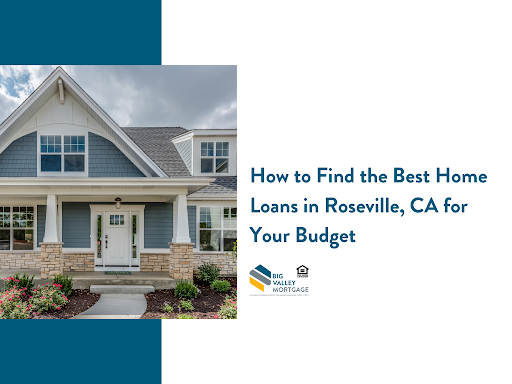Applying for a home loan can be a daunting task. Take these steps and be well prepared in advance!
Buying a home will likely be the most expensive and important purchase you make in your lifetime. Here are some basic steps to prepare yourself for successfully applying for a home loan and make your dream house a reality.
Where do I start?
There are basic things you can do to improve your credit. To begin with, you should dispute any inaccuracies by requesting an investigation with the credit bureaus. Keep in mind that derogatory information falls off after seven years.
Additionally, you should pay off any outstanding delinquencies. Often times, these accounts can be settled for a fraction of the original debt if they’ve been transferred to a collection agency or a junk debt buyer.
Also, reduce your debt-to-income ratio and your usage-to-high-credit-limit ratio by paying down credit card balances. You can’t expect to borrow considerably more money if you haven’t demonstrated the ability to pay back the money you’ve already borrowed, right?
Exercise caution when applying for credit as this will result in a hard inquiry and too many of these during a short time span will lower your credit score.
Leave older accounts open as this helps your credit score and religiously make on time payments on all accounts.
This process may take several months for some people, or perhaps years for others before it yields the desirable results. Hopefully, you’re someone who has had excellent credit all along.
How do I identify a loan program that fits my needs?
Learn about your options. When it comes to mortgages, the primary types are fixed or adjustable rate mortgages. A fixed loan will keep your payments constant as the name implies, while an adjustable rate mortgage may result in higher payments once the initial rate period ends. The advantage of an adjustable rate mortgage is that it will likely offer a lower initial rate than a fixed mortgage of comparable duration. The potential downside is that payments may skyrocket to unaffordable levels as happened with many people’s mortgages during the housing bubble. There is also the length of time to consider for each, 15 or 30 years? A longer mortgage will generally have a higher interest rate, but lower payments.
Get organized…
Assemble your documents. Lenders will ask for documentation of your income and it’s always a good idea to be well organized in advance. Among the items that will be requested are federal tax returns for the last two years, W-2 earning statements, bank statements for several months, recent paycheck stubs, divorce decree, bankruptcy paperwork, and proof for any other income.
Have any questions? Contact one of our Loan Officers today for a free consultation!
*The views, articles, postings and other information listed on this website are personal and do not necessarily represent the opinion or the position of Big Valley Mortgage.
*The views, articles, postings, and information listed at this website are personal and do not necessarily represent the opinion or the position of Big Valley Mortgage.*












